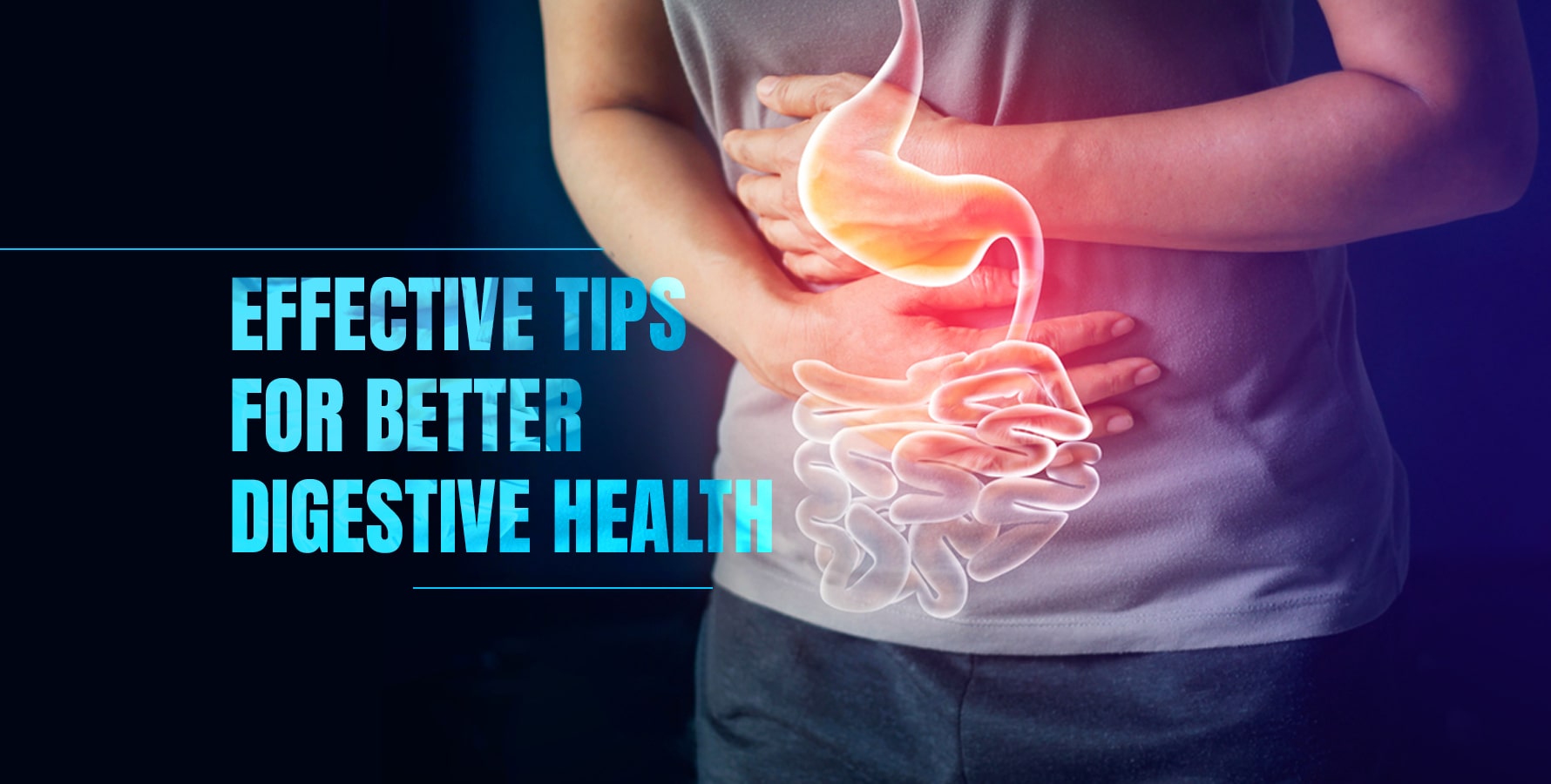Most people suffer digestive stress. The digestive system’s regularity is essential for the proper metabolism of the foods you eat so the body can use them. Your digestive system is an essential part of your overall health. It’s necessary for processing the food you eat, absorbing the nutrients you require, then excreting the waste that no longer serves a purpose.
Unfortunately, several people are experiencing daily symptoms of discomfort because of disrupted digestive systems. Sometimes digestion complications can result from more severe conditions such as Irritable Bowel Syndrome, Diverticulitis, Crohn’s Disease, and more. Yet, an otherwise completely healthy person can often experience digestive problems simply because of poor diet or lifestyle choices.
In this blog article, you’ll learn some causes of digestion issues, what is digestion system, how the digestion process works, and what you can do to promote digestion.
Encourage better digestion with these simple Eleven tips.
Drinks lots Of Water
If your body isn’t getting sufficient water, it will have a more challenging time functioning correctly! Insufficient water in the body usually results in constipation and trouble with digestion: when your body is dehydrated, the colon pulls water from the stools to keep hydration, making them more complex and challenging to pass. It means you’re eliminating less often. It means you’re storing waste rather than getting rid of it, which means more weight and toxicity.
It is a good detoxifier as it helps flush out toxins from the body and rid it of waste primarily through elimination, sweat, and urine. It also improves kidney function and decreases kidney stones by diluting the salts and minerals in urine that cause kidney stones.
Eat a high-fiber diet.
One way to help your digestive system is to eat the right foods with lots of fiber. The average diet comprises about 10 grams of fiber a day—for less than the 25 to 40 grams per day that your body requires. Boost your fiber intake by including superfood fruits, nuts, vegetables, grains, and legumes in your diet.
The following list includes just a few superfoods that are high in fiber.
- Apples
- Almonds
- Avocados
- Blueberries
- Black beans
- Broccoli
- Chia
- Lentils
- Lima beans
- Oatmeal
- Soybeans
- Quinoa
- Eat only lean meats
Meats that are rich in fat can often lead to difficult digestion. When consuming meats, opt for lean cuts such as pork loin and skinless poultry.
Consume both insoluble and Soluble Fiber
The average American only eats 16 grams of fiber each day, far less than the suggested everyday consumption. It would help if you were eating between 21 and 38 grams of fiber, depending on your age and gender.
There are two types: soluble and insoluble. All get digested. Insoluble fiber passes all right through the digestive tract and adds bulk to stool, keeping you regular and helping to prevent constipation. Soluble fiber first pulls into the water and turns to gel, which slows digestion and increases fullness feelings.
Sources of soluble fiber have:
- Oats
- Apples
- Peas
- Barley
- Beans
- Carrots
- Citrus fruits
Sources of insoluble fiber include:
- Whole wheat
- Beans
- Nuts
- Green beans
- Potatoes
- Cauliflower
You’ll need to increase your fiber intake slowly, particularly if you have irritable bowel syndrome, to avoid gas and bloating. And be sure to drink lots of water, so you don’t get constipated.
Reduce your stress
Too much anxiety or stress can cause your digestive system to go into overdrive. Find stress-reducing activities you enjoy and practice them regularly. Fildena 100mg and Super P Force it also reduces stress level and other men’s health difficulties heal.
Consider enzymes and probiotics
It recommends taking digestive enzymes and probiotics to help with food digestion and boost the immunity system. When our digestive systems have been imposed from years of irregular food combining or processed foods, those digestive enzymes require a boost.
Keep Doing Daily Exercise’s
Regular exercise helps maintain foods moving through your digestive system, reducing constipation. It can also assist you to keep a healthy weight, which is good for your digestive health. Make it a point to make proper exercise a major priority.
Avoid Bad Habits: Smoking, Extra Caffeine, and Alcohol.
Among several other health issues connected with caffeine, tobacco and alcohol use, coffee, liquor, and cigarettes can interfere with your digestive system’s working and lead to difficulties like stomach ulcers and heartburn.
Breathe Deeply
Before you eat or while you’re planning your meal, do fresh rounds of diaphragmatic breathing (particularly if you are feeling emotional or stressed). It relieves the nervous system and improves blood flow to the digestive organs. It also allows you to tune in to your body so that you can connect to what your body truly needs.
Add Prebiotics and Probiotics to Your Daily Diet Plan
Probiotics are healthy bacteria and yeasts naturally present in your digestive system. Such help keeps your body healthy by fighting the effects of stress, a poor diet, and antibiotics. It may improve nutrient absorption, break down lactose, strengthen your immunity, and more. Some of the best sources of probiotics have low-fat yogurt and kefir.
Other than probiotics, prebiotics may help boost your digestion system. It serves as food for probiotics, which allows them to maintain your gut’s healthy bacteria. I find prebiotics in various vegetables, raw fruits, and other whole grains, such as legumes, oats, onions, and bananas.
Move Your Body
Physical exercises can help boost up a slow bowel because it stimulates peristalsis, which is the involuntary muscle contraction that moves food along your digestive tract.
You can do any types of exercise you want. However, if you have back injuries, consult your doctor before trying any exercise. Fildena 50 or Vigora 100 is used to treat ED problems in adult men.
Conclusion
Indigestion is common, and almost everyone experiences digestive issues. If you regularly suffer from digestive problems, you can fix them with simple adjustments and try to put those tips above into practice today to improve your digestion. However, if you’ve done everything and you still experience digestive difficulties, consult a doctor immediately.








